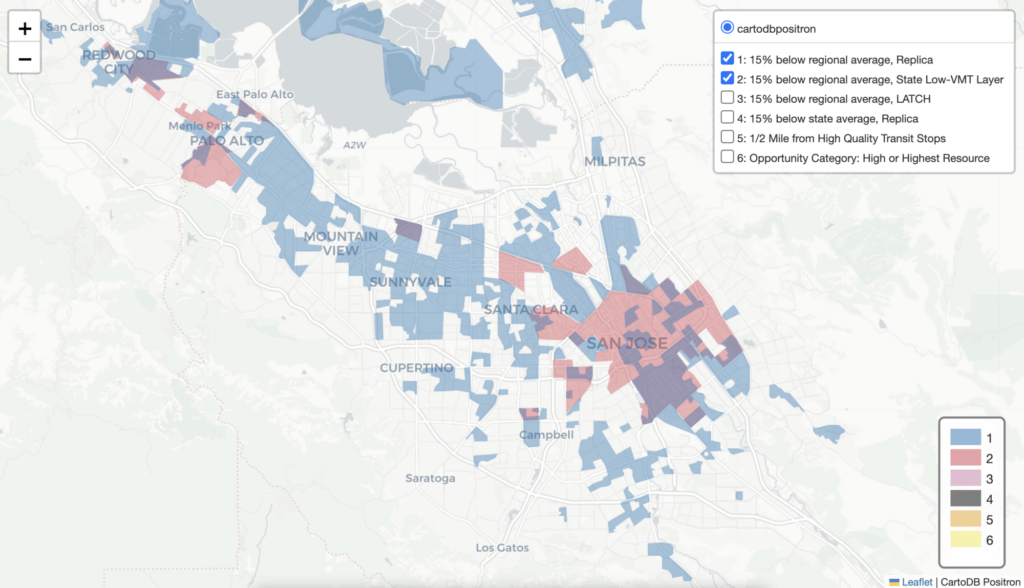Understanding CalAIM Implementation Across California
Published On February 13, 2024
California Advancing and Innovating Medi-Cal—known as CalAIM—is a far-reaching, multiyear plan to transform the Medi-Cal program, which provides health insurance for over 13 million low-income Californians. One of the most promising aspects of CalAIM is that it enables certain managed care plans to pay for non-medical services that promote health equity, including some housing supports, making it an important tool for addressing homelessness.
This new brief, led by researchers at UCSF as part of our collaborative research series, Addressing Homelessness in California, highlights some of the challenges to and opportunities for CalAIM implementation at the local level.
This report highlights the need to build stronger connections between housing and health organizations and tees up a new Terner Center project launching later in 2024 that will focus on overcoming the challenges affordable housing developers face in accessing CalAIM funding.





